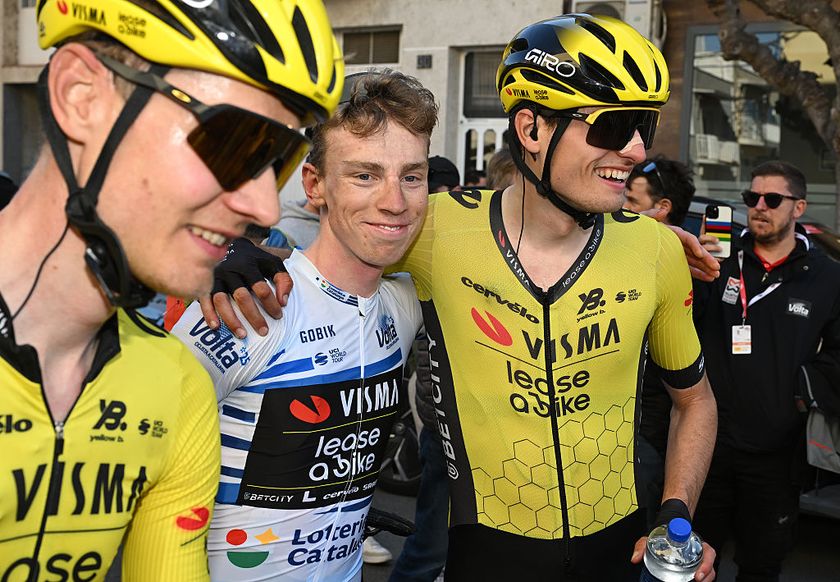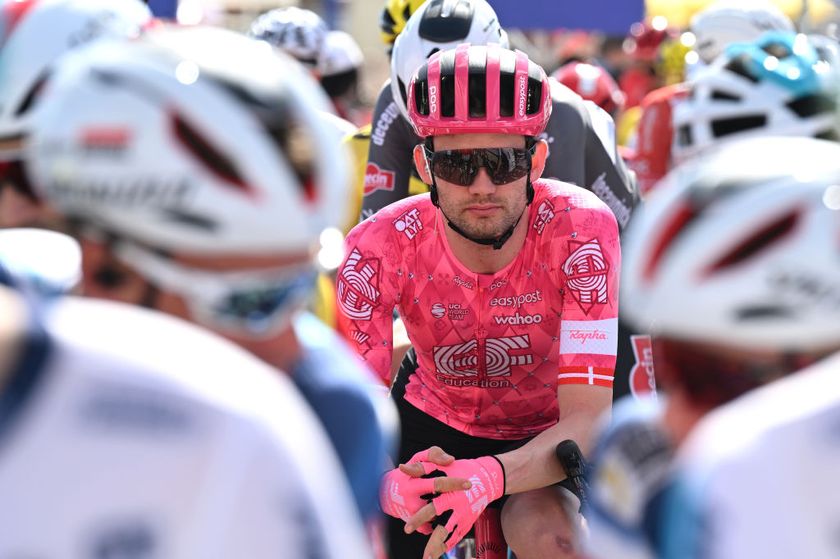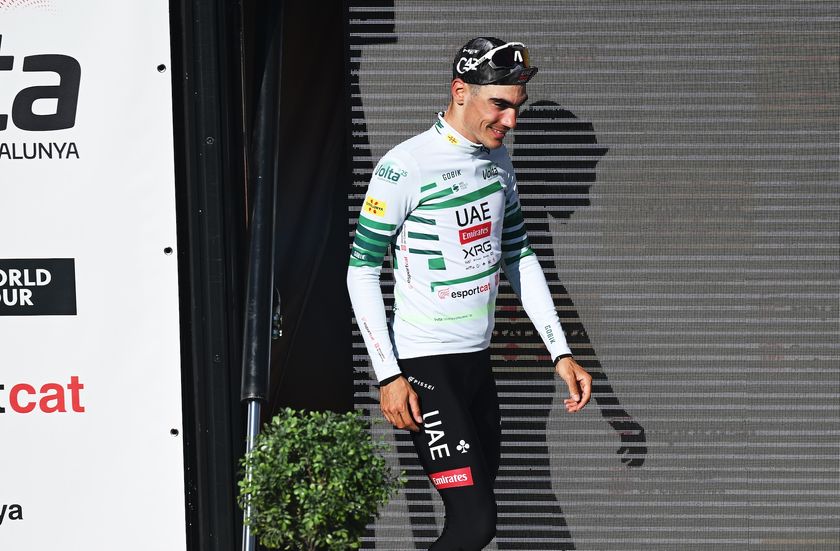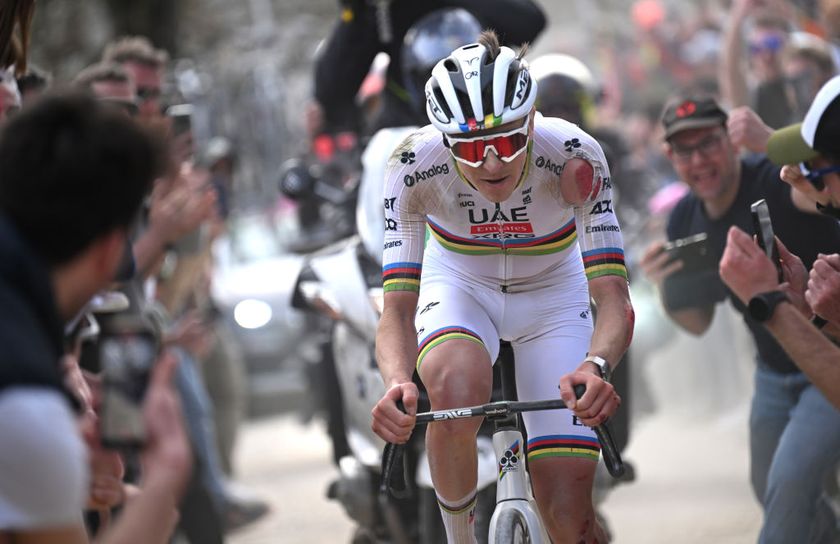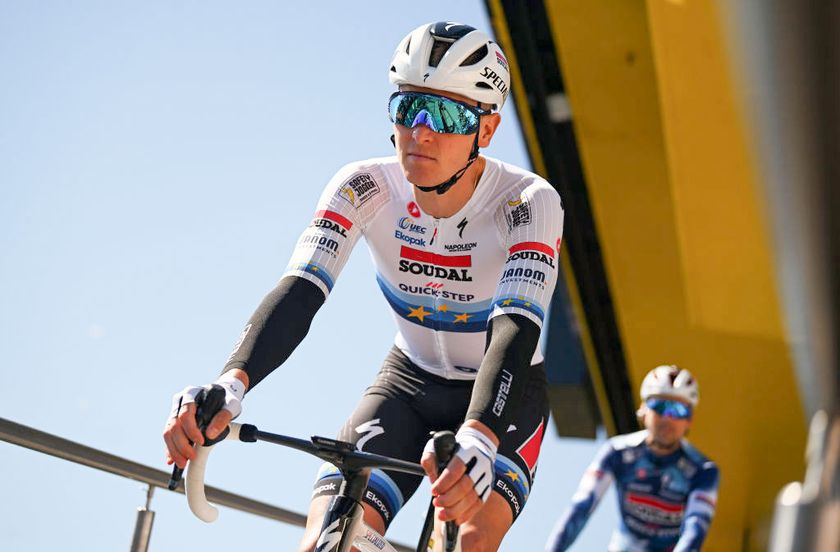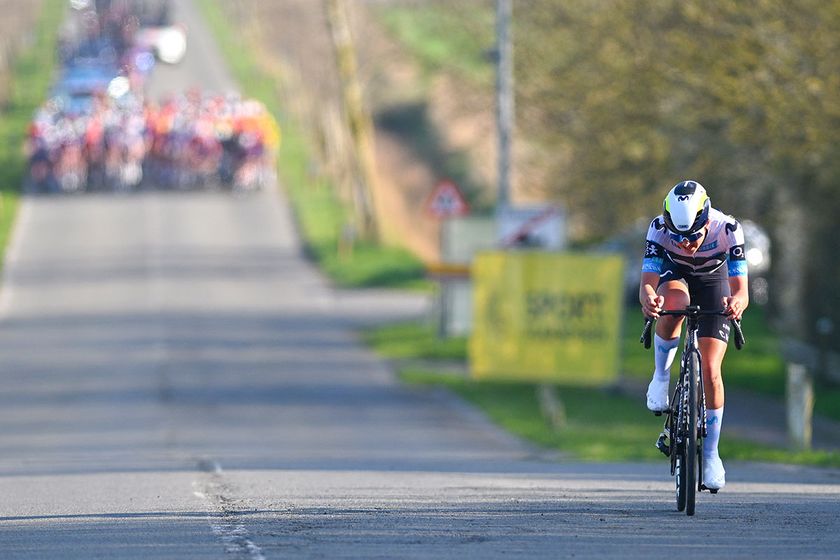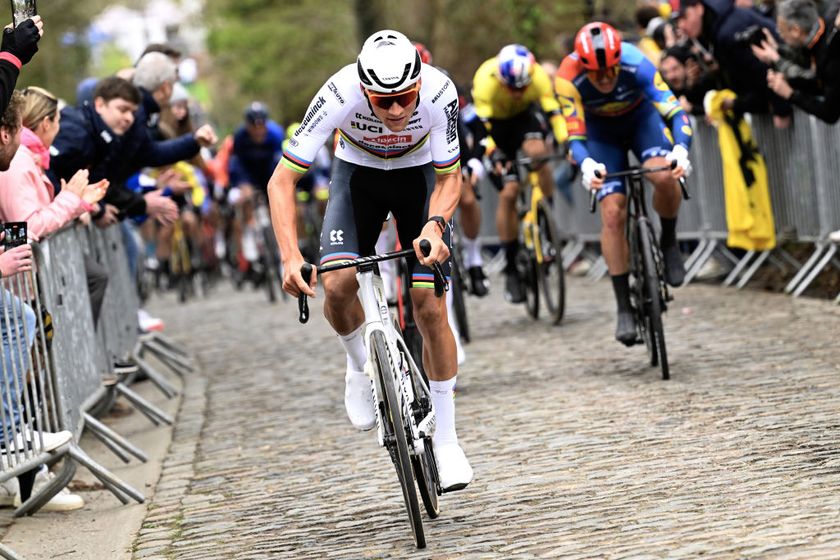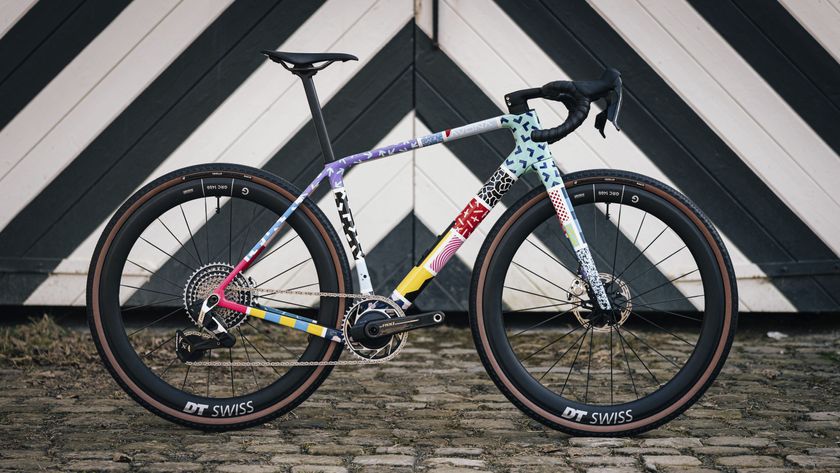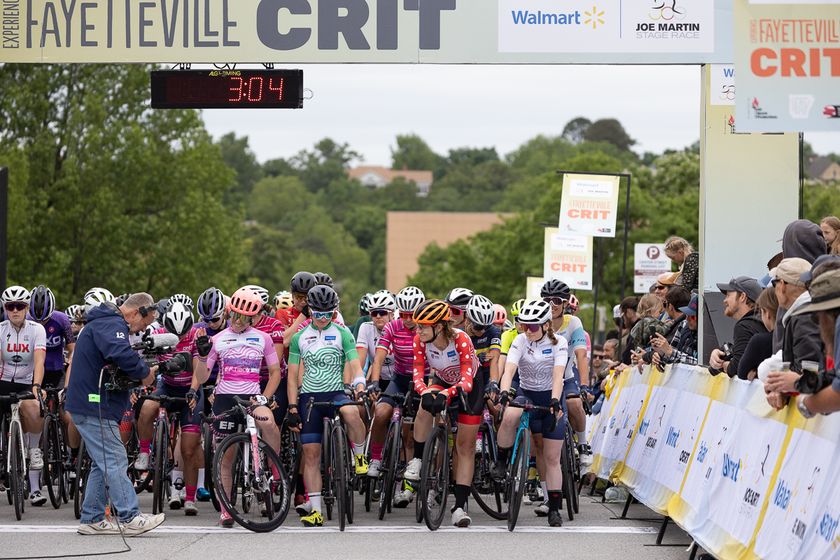Giro d'Italia: Disappointment for Wiggins in Saltara time trial
Puncture costs Sky man stage win as Nibali moves into pink



Bradley Wiggins’ words have been at a premium at the 2013 Giro d’Italia and at the finish of the stage 8 time trial from Gabicce Mare to Saltara, observers were once again left to read the runes of his silences.
Before the Giro started, the 55-kilometre test was expected to mark the beginning of Wiggins’ spell in the maglia rosa. After losing almost 90 seconds in a crash the previous day, it was then expected to herald the beginning of the Wiggins fight back.
Instead, the performance was inconclusive. Wiggins completed the time trial in second place, 10 seconds down on Alex Dowsett (Movistar), and was quickest over the final kilometres of the course, but he only clawed back a scant 11 seconds on chief rival Vincenzo Nibali (Astana), who assumes the overall lead.
An early puncture upset Wiggins’ rhythm and offered mitigation of sorts, but instead of holding a healthy advantage over Nibali ahead of the mountains, the Englishman now lies in 4th place overall, 1:16 down.
At the end of his effort, Wiggins seemed less a knight of the realm than the Grand Old Duke of York: he marched a string of journalists up the hill past the finish line and he later marched them back down again without uttering a word, save to agree with a Gazzetta dello Sport journalist who asked if he felt the puncture had cost him stage victory.
“A team who is sponsored by a communications company should perhaps advise its champions to behave differently,” Silvio Martinello would later quip in the RAI studio by the finish line later on.
As has been the norm at this Giro, it was eventually left to Sky’s management team to communicate with the press, with performance manager Rod Ellingworth looking to draw the positives from Wiggins’ afternoon. “He’s alright but it was a bit of a shame that he had a front wheel puncture,” Ellingworth said
Get The Leadout Newsletter
The latest race content, interviews, features, reviews and expert buying guides, direct to your inbox!
Wiggins had begun his time trial with a flourish, cruising past his minute-man Danilo Di Luca (Vini Fantini-Selle Italia) in the opening kilometres and scarcely breaking from his aerodynamic tuck. Around the 18km mark, however, Wiggins wheeled to a halt and clattered his bike against the roadside.
“He was going well and I think the puncture broke his rhythm,” Ellingworth said. “He hit something on the road and it was two or two and a half kilometres before he realised he’d done something to the bike. I just think it completely broke his rhythm and it was hard to concentrate.”
Wiggins came through the time check after 26 kilometres some 52 seconds down on Dowsett and was even trailing Michele Scarponi (Lampre-Merida) by 22 seconds, but over the second half of the course and – particularly – the tough final haul to the line, he recouped his losses well.
“Once he got onto that flat section, he was off again and he brought it home beautifully,” Ellingworth said.
Approaching the end of the opening week of racing, Wiggins finds himself unexpectedly on the back foot. He trails Nibali, Cadel Evans (BMC) and Robert Gesink (Blanco) – three riders who would have been expecting to be behind Wiggins at this juncture – and tactically, Sky’s race will be very different to the one envisaged by the so-called “Project Giro.”
As ever, Ellingworth remained a paragon of pragmatism. “I think with the Giro you’ve got to take it every day so we now look at it and think what position we are in,” he said. “There’s another time trial to come and a lot more racing. You just don’t know what’s going to happen – just look at what’s happened to us in the past few days. You just don’t know.”

Barry Ryan was Head of Features at Cyclingnews. He has covered professional cycling since 2010, reporting from the Tour de France, Giro d’Italia and events from Argentina to Japan. His writing has appeared in The Independent, Procycling and Cycling Plus. He is the author of The Ascent: Sean Kelly, Stephen Roche and the Rise of Irish Cycling’s Golden Generation, published by Gill Books.
